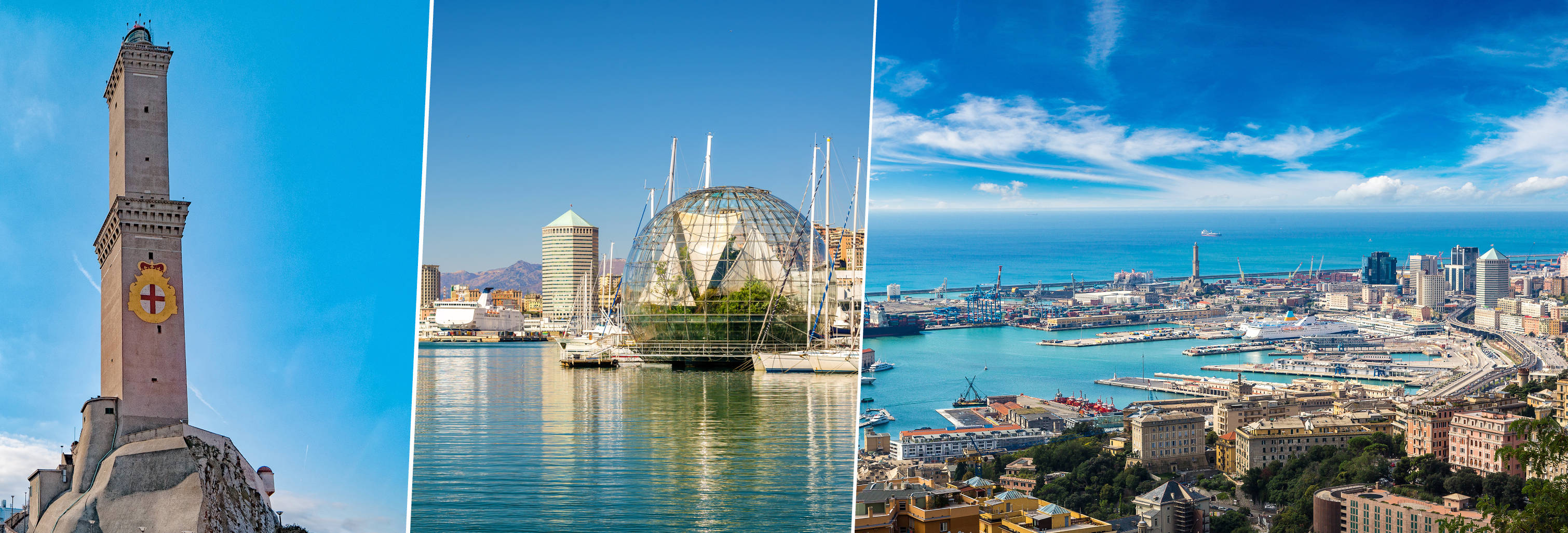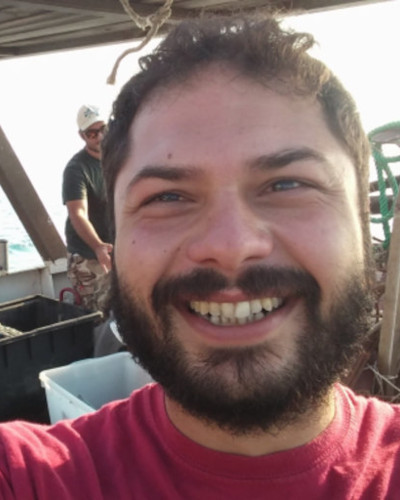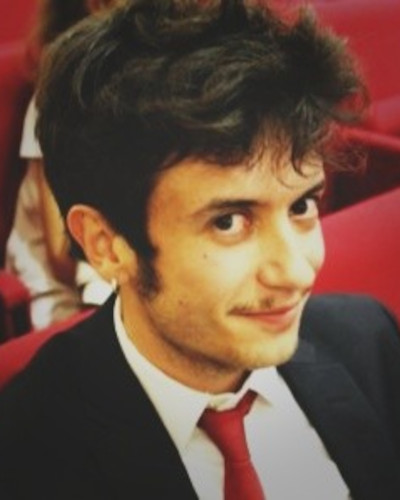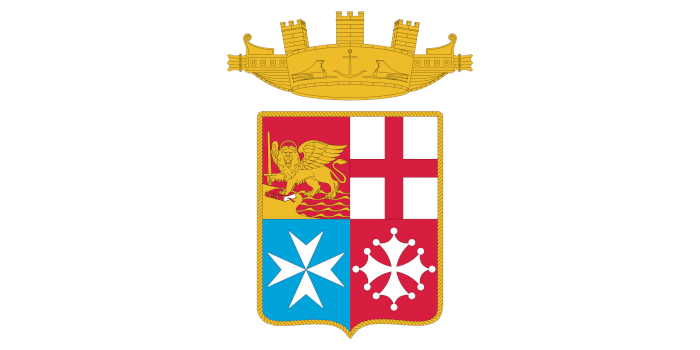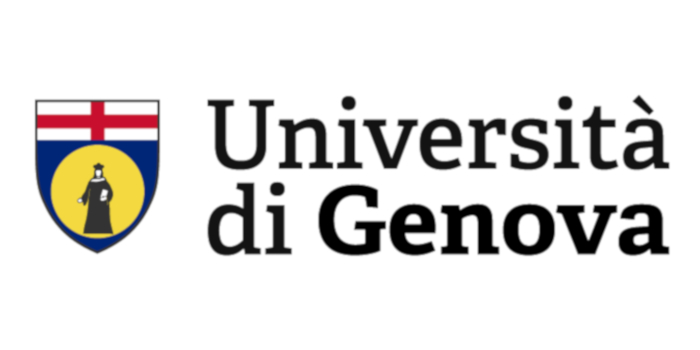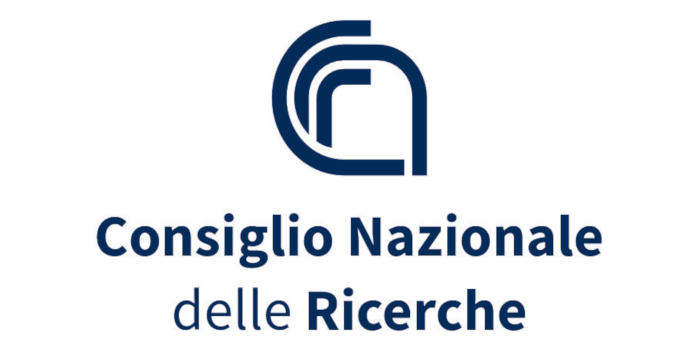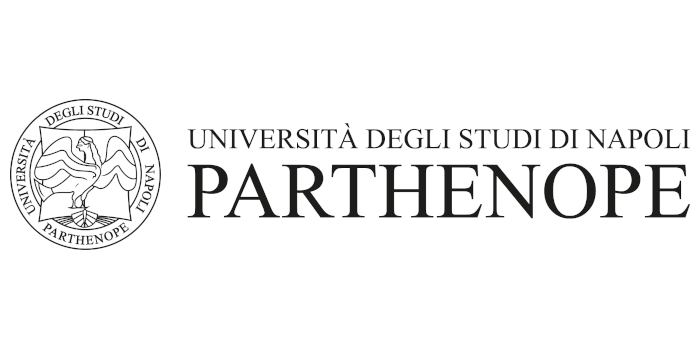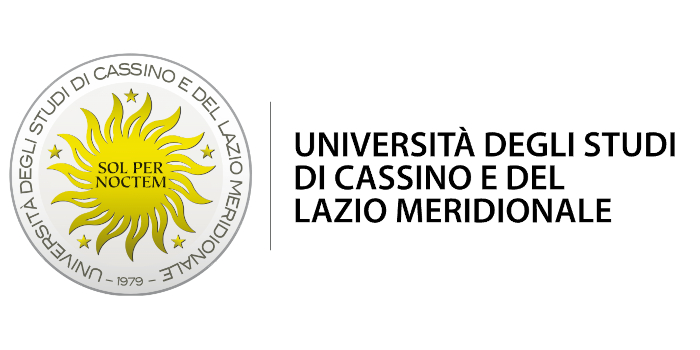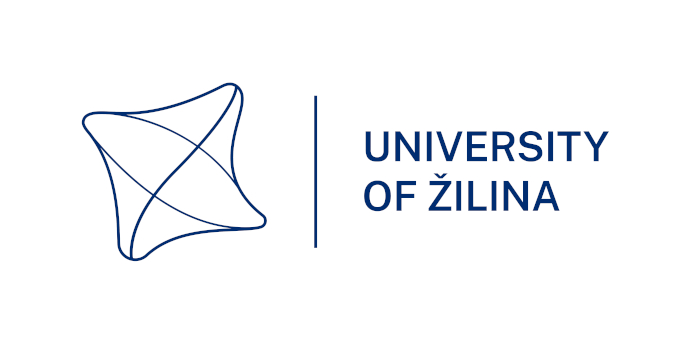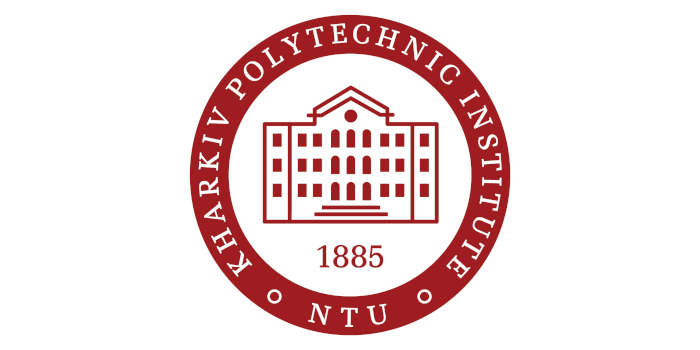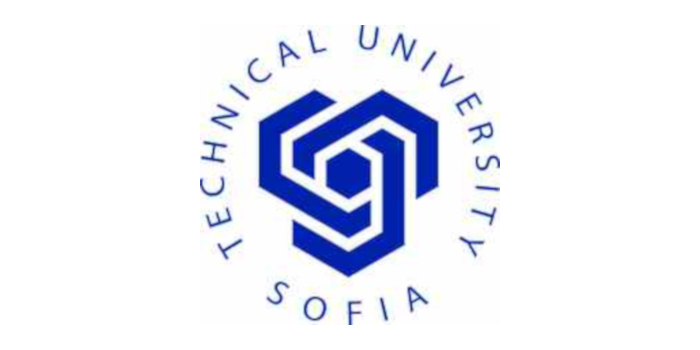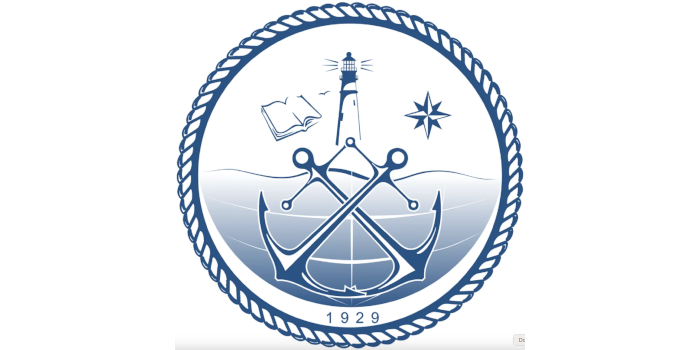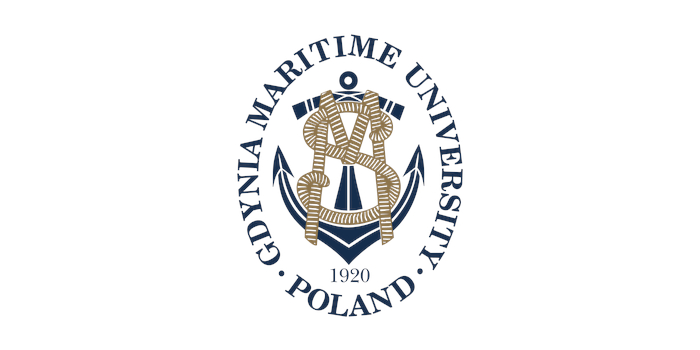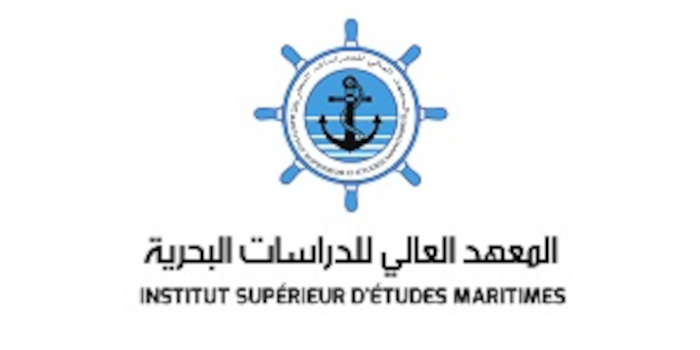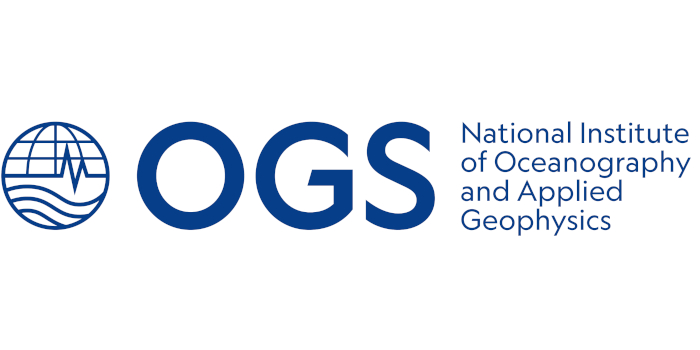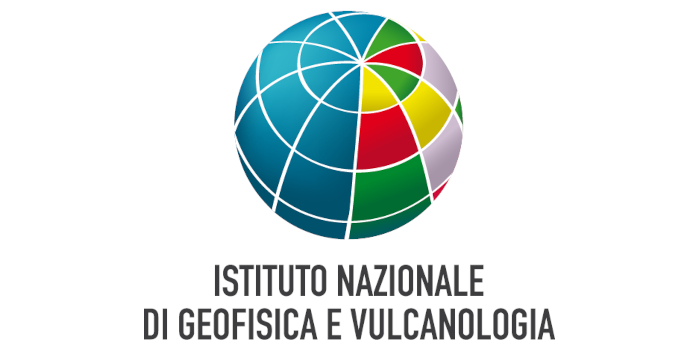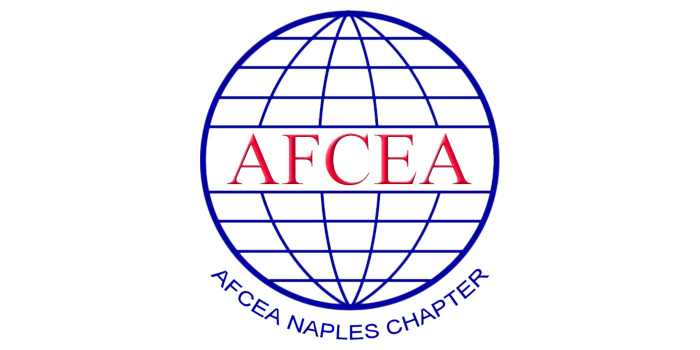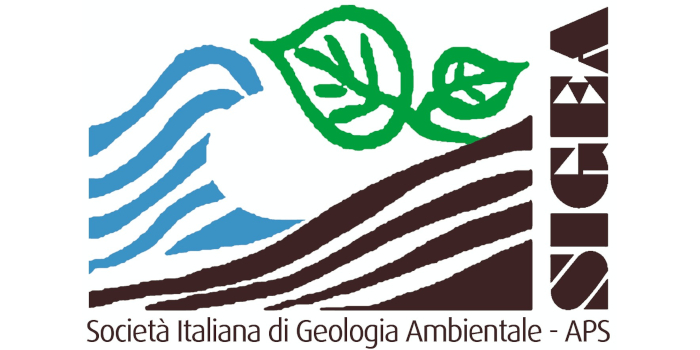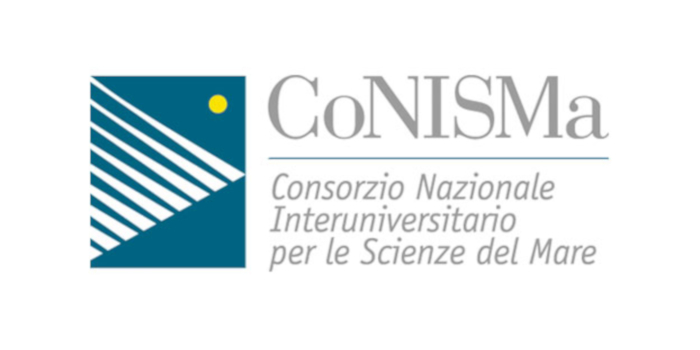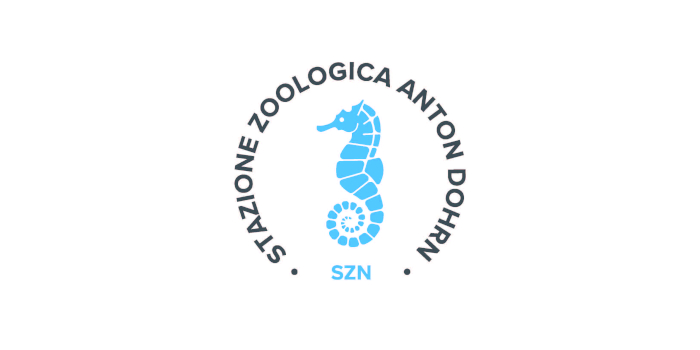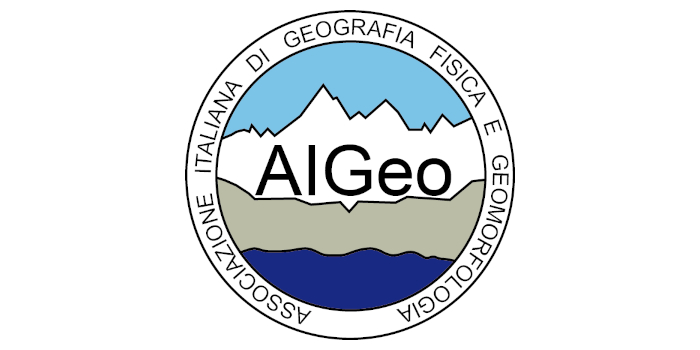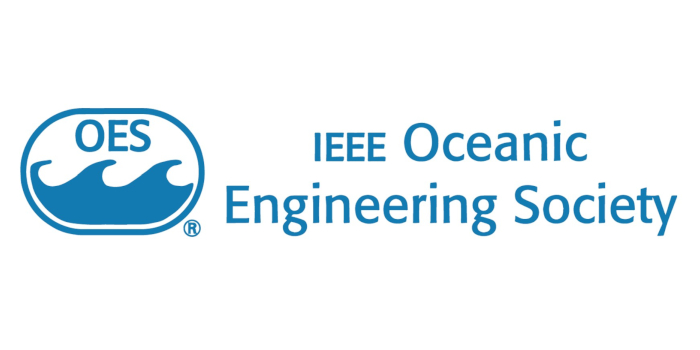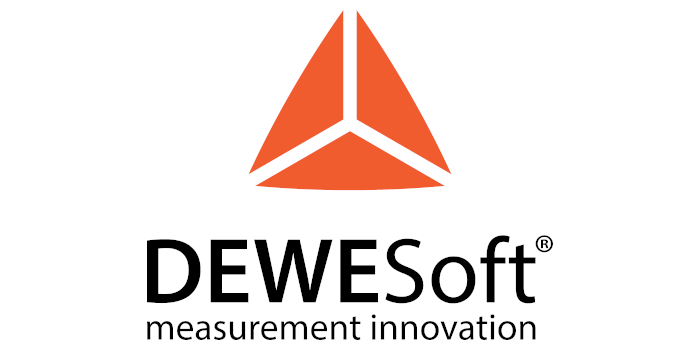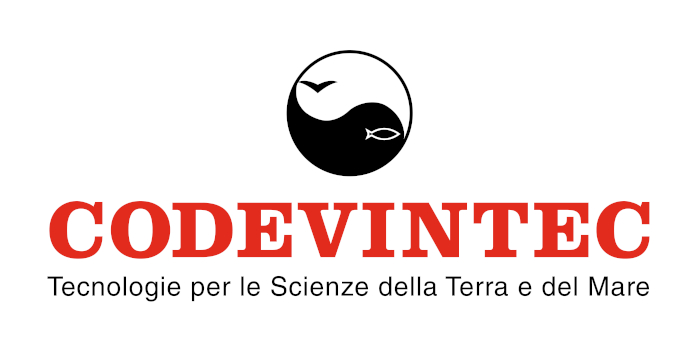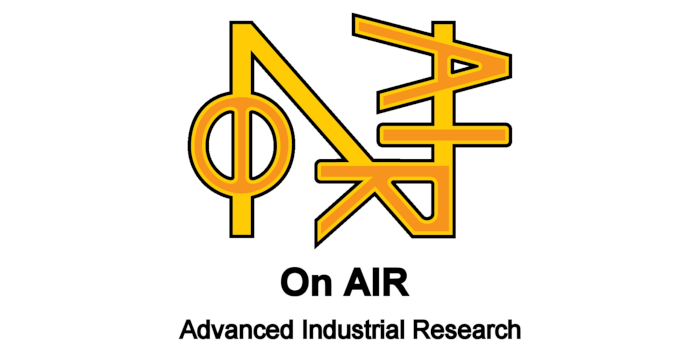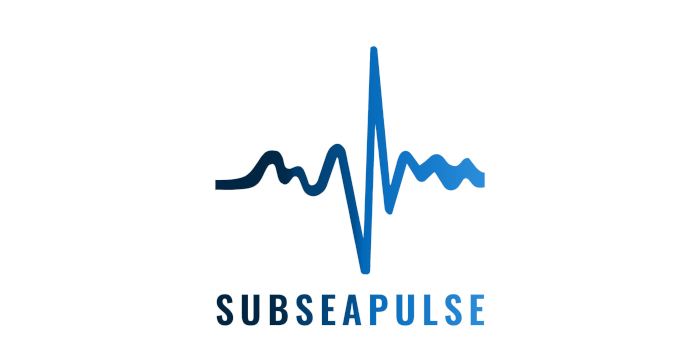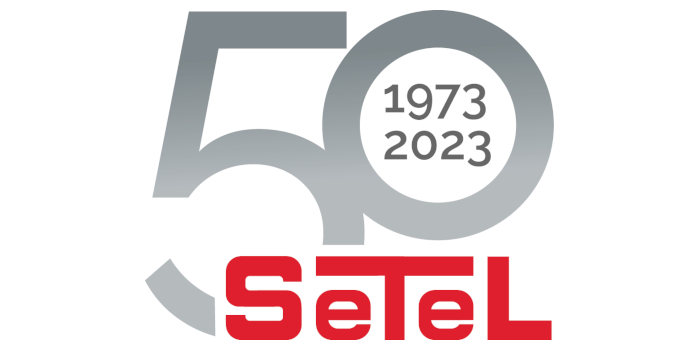SPECIAL SESSION #8
Methodologies and ecological indicators for the monitoring of anthropogenic impacts in transitional waters and marine ecosystems
ORGANIZED BY
Pasquale Ricci
University of Bari, Italy
Santina Giandomenico
Water Research Institute - National Research Council (IRSA-CNR), Taranto, Italy
Matilda Mali
Department of Civil, Environmental, Land, Building Engineering and Chemistry (DICATECh), Polytechnic University of Bari, Italy
Giuseppe Denti
Water Research Institute -National Research Council (IRSA-CNR), Taranto, Italy
Lucia Spada
Water Research Institute -National Research Council (IRSA-CNR), Taranto, Italy
ABSTRACT
Transitional and coastal waters provide several ecosystem services, which are exploited by human activities. However, the functioning of transitional and coastal ecosystems is often exposed to multiple anthropogenic stressors, such as fishery, aquaculture, chemical pollution, climate changes impacts, dredging, water degradation induced by coastal discharges and outfalls, urbanization of coastal areas and touristic activities. Several ecological compartments are impacted by human pressures along the coastal areas; thus, the monitoring of their ecological status is fundamental to improve scientific knowledge in support of action plans based on the Ecosystem-based Management approach. Not less relevant, the assessment of impacts on species, communities and habitat is required in the analysis of several ecological indicators, which are widely adopted to support the Water Framework Directive and Marine Strategy. Similarly, the monitoring of the contamination and pollution degree is necessary to evaluate the quality of the sediments, as one of the key components of the aquatic ecosystems.
This special session welcomes contributions inherent to the development of methodologies, tech-niques, and ecological indicators involved in the assessment of anthropogenic impacts on transitional and coastal water ecosystems. Innovative technologies, methods and indicators in the monitoring procedures are well accepted, as well as analysis based on the integration data among environmental drivers, biological components, and human pressures.
TOPICS
Main Topics:
- Impacts of fishery on vulnerable species and habitat.
- Impact of aquaculture on biodiversity and environmental quality.
- Chemical and pollution impacts on marine biota.
- Urbanization and touristic disturbance on biological component of coastal ecosystems.
- Coastal infrastructure impacts on habitat and ecological communities.
- Innovative technologies for the environmental monitoring in Marine Coastal and Marine Protected Areas.
- Mapping of multiple anthropogenic stressors in transitional and coastal waters.
- Ecological indicators for transitional and coastal waters.
- Multivariate statistical tools for comprehensive quality assessment in marine ecosystems.
- Marine Sediment: integrated evaluation approaches and management policies.
ABOUT THE ORGANIZERS
Pasquale Ricci is a post-doc researcher in Marine Ecology collaborating with the Department of Biosciences, Biotechnology and Environment at the University of Bari. He holds a Ph.D in Environmental Science and his main research interests are the ecological modelling applied to the food web dynamics and fishing impacts, as well as the assessment of cetacean-fishery interactions in the Northern Ionian Sea. He collaborates for the data collection and analysis aimed at the fishery stock assessment in the Ionian and Adriatic Sea, as well as well as marine and coastal environmental monitoring.. He has (co)-authored more than 50 scientific publications in congress proceedings, national and international ISI journals and he is a reviewer for international ISI journals.
Santina Giandomenico Researcher at CNR-IRSA, Degree in Biological Sciences. Her main research interests are environmental chemistry focusing on the occurrence and pathway of organic pollutants in highly anthropized marine areas (seawater, sediment, and biota) as well as on bioaccumulation mechanisms. She has extensive experience in the determination of Priority Organic Pollutants (POPs) in environmental matrices by means of mass spectrometry analytical techniques. She is actively involved in several national and international projects related to restoration and remediation programs, monitoring plans, and mussel watch programs concerning marine coastal areas also in collaboration with Local Health Authority and The Italian Institute for Environmental Protection and Research.
Matilda Mali is graduated in Chemical Industrial Engineering (1st degree) and Chemical Sciences and Technology (2nd degree). She obtained her PhD in "Environmental Engineering, Spatial and Land Planning and Chemistry - Curriculum: Chemistry" at the Polytechnic University of Bari. She has expertise in Integrated Hazard Assessment of Harbor and Coastal Sediment. Her studies were focused on the evaluation of real risks conditioning the correct management and remediation techniques of marine sediment. She has large experience in exploiting multivariate chemometric tools for risk assessment. In addition, she is involved in research activities on green catalysis applied to environmental issues (hydrogenation of nitroarenes pollutants, dehalogenation of PCBs using metal nano-catalysts (Pd, Ni), etc.). Matilda Mali is a senior project management working and coordinating several projects dealing with environmental topics financed by cross-border programs and EU funds
Giuseppe Denti is marine biologist holding a Master degree in Coastal and Marine Biology and Ecology obtained at the University of Salento (Italy) and a Master degree in Aquaculture obtained at the University of Las Palmas de Gran Canaria (Spain). He is currently working as Research Assistant at the Water Research Institute of Nation Research Council. Mainly, his research interest is addressed to sustainability in aquaculture. He collaborated to scientific projects aimed to reduce the environmental impact of aquafeeds and to promote diversification of aquatic production exploiting species whose production protocols resulted in a lower footprint, notably operating with the Integrated Multi-Trophic Aquaculture (IMTA) approach.
Lucia Spada Researcher at CNR-IRSA, PhD in Environmental Sciences. Her main research interests included environmental chemistry, monitoring and characterization of marine environment (water, sediments and biota), study and application of remediation techniques in polluted marine sediments, health risk evaluation for fish products consumers, sustainability of aquaculture and mussel farming. She is also involved in different National and International research activities, management of research projects and conferences organization.

